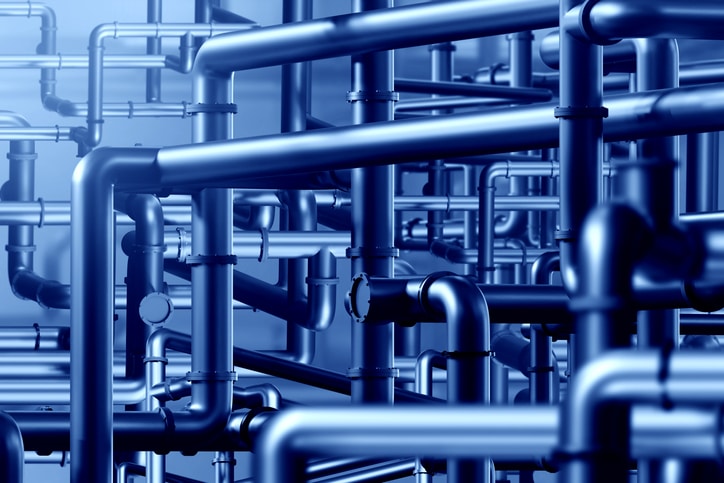Plumbing emergencies can disrupt business operations, damage property, and incur significant costs. However, many of these crises can be prevented with proactive measures. Here’s how to safeguard your business from plumbing-related headaches.
Regular Plumbing Maintenance
The cornerstone of preventing plumbing emergencies is a consistent maintenance schedule. Regular inspections by a qualified plumber can identify potential issues before they escalate into costly problems. Look for signs of wear and tear, leaks, or blockages. A well-maintained plumbing system is less likely to experience sudden breakdowns.
Employee Education
Your employees are the first line of defence against plumbing issues. Educate them about proper waste disposal, the importance of reporting leaks promptly, and how to handle minor clogs. Simple steps like avoiding flushing inappropriate items down the toilet can prevent major problems.
Water Pressure Management
Excessive water pressure can strain your plumbing system, leading to leaks and burst pipes. Install a pressure regulator to maintain optimal water pressure. Regularly check the pressure gauge to ensure it’s functioning correctly.
Address Leaks Promptly
Even small leaks can cause significant damage over time. If you notice any leaks, address them immediately. A dripping tap might seem insignificant, but it can waste gallons of water and potentially damage surrounding areas.
Prevent Clogs
Clogged drains and toilets are common culprits in plumbing emergencies. Install drain covers to prevent hair and debris from entering drains. Avoid pouring grease or oil down the sink, as it can solidify and cause blockages. Regularly use commercial drain cleaners or call a plumber for professional cleaning.
Emergency Preparedness
While prevention is key, it’s essential to have a plan in place for plumbing emergencies. Identify potential problem areas, such as pipes susceptible to freezing or areas prone to flooding. Have emergency contact information for a reliable plumber readily available.
Regular Inspections of Plumbing Fixtures
Toilets, taps, and showers should be inspected regularly for signs of wear and tear. Leaky taps, running toilets, and clogged drains can waste water, increase utility bills, and lead to more serious problems.
Water Heater Maintenance
Your water heater is a vital component of your plumbing system. Schedule regular inspections and maintenance to prevent breakdowns. Flush the water heater to remove sediment build-up and extend its lifespan.
By implementing these preventive measures, you can significantly reduce the risk of costly plumbing emergencies. Remember, a small investment in plumbing maintenance can save you from substantial expenses and disruptions in the future.
Would you like to know more about specific plumbing issues common in commercial properties? Get in touch today!
